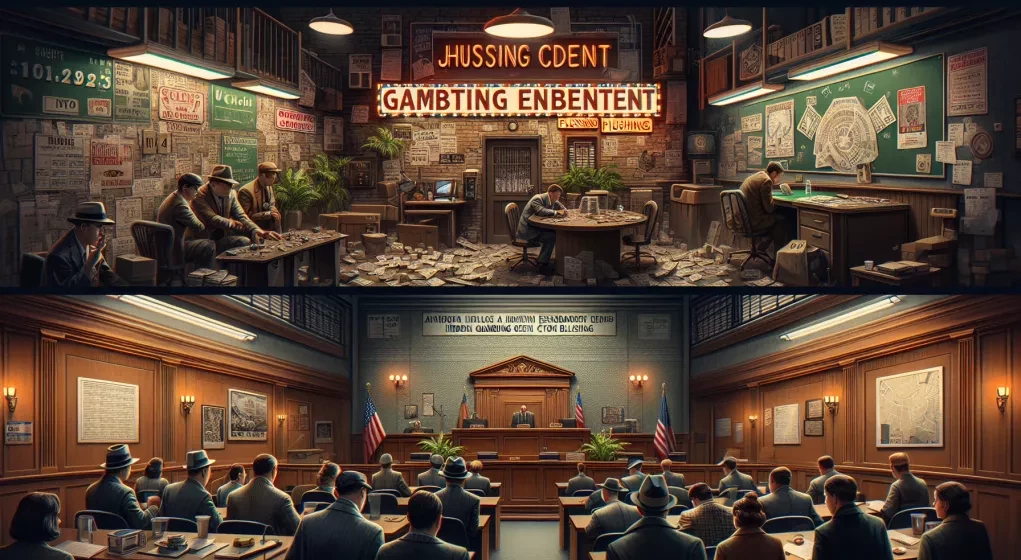In the shadowed alleys of Flushing, Queens—a district known for its vibrant Chinese community and clandestine gambling haunts—fate turned grim in the early hours of July 19, 2023. The relative silence was shattered by the desperate act of two men, Jamel Berry and Zhong Wang, along with their yet unnamed conspirators. Their target: an illegal gambling den tucked away on Avery Avenue, ripe with whispers of luck and the clink of mahjong tiles.
These dens, as reported by The New York Times a decade prior, had already been marked by an undercurrent of lawless predation. For Berry, an Astoria resident with a rap sheet shadowed by past crimes, and Wang, the Chinese national tied to a land across the sea where extradition treaties hold no sway, the night’s venture was worth the gamble.
With calculated audacity, Wang severed the power, plunging the underground haven into darkness. Then with the heft of a metal pipe and the grim promise of a firearm, they burst forth into the paradox of hushed commotion. In that orchestrated chaos, they relieved the patrons of approximately $3,000.
Yet greed was not satiated without cost. As they retreated into the night, a man—whose only gamble had been seeking pleasure in a game of chance—fell victim to a bullet, his stomach the unintended repository of their desperate need to escape. A testament to the resilience of humanity, he survived, his life irrevocably altered by their actions.
Security cameras—a silent sentinel to carnality and crime—were their unwitting undoing. The images, stark against a backdrop of criminal intent, unveiled their approach and retreat, the definitive dance of perpetrators and prey.
On the cold morning of February 1, the grasp of justice caught up with Berry and Wang. A federal grand jury presented their sentence: the heavy shackles of conspiracy, weapons, and random violence. Yet their accomplices remain shadows, cloaked in the anonymity of redacted court documents.
The gravity of their crimes unfolded in a Brooklyn federal courtroom. Prosecutors, wary of the flight into the comforting embrace of distant homelands, argued for the cage over the semblance of freedom. Wang’s connections to China became his prison; no treaty would see him returned. Thus, he would remain in custody, while Berry experienced the ironic captivity of home detention.
With the rhythm of court proceedings waltzing towards an uncertain future, both men found the words “not guilty” on their lips. Behind the scenes, attorneys wove a tapestry of plea deals, a balance between justice and the currency of information.
So stands the tale of the Flushing robbery—a narrative punctuated by the echo of a singular gunshot in the night, whispers of a past that refuses to die, and the ever-turning wheel of fortune that, for some, spins on a dark axis.






